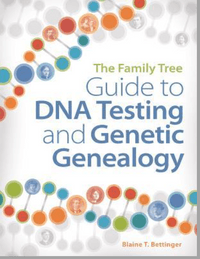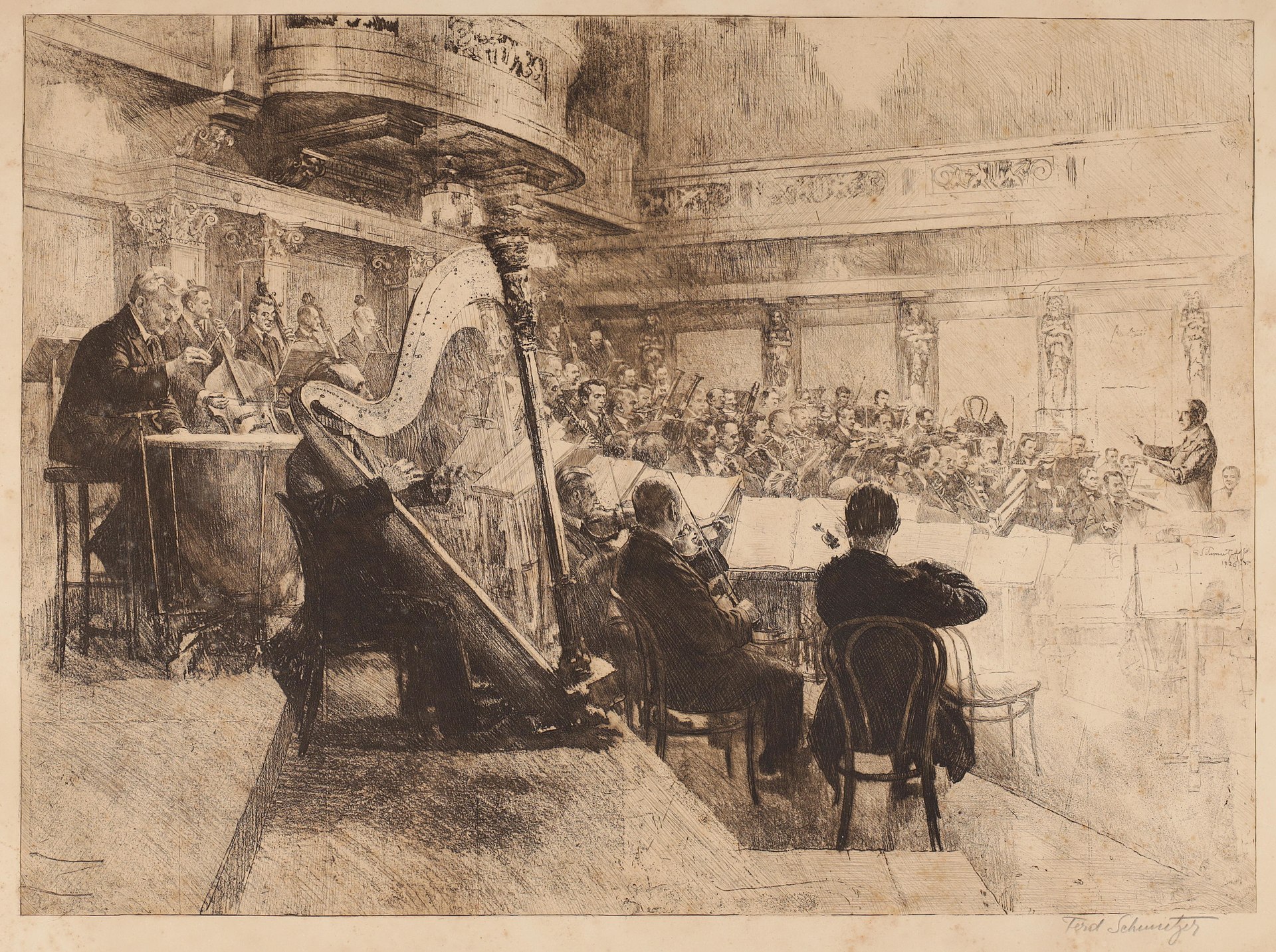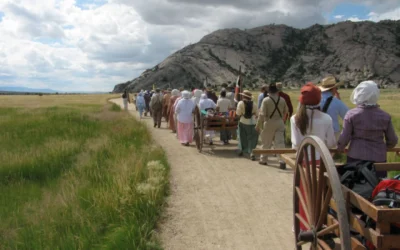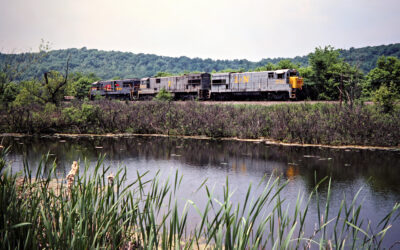William Edward Hickson crafted a familiar phrase more than 100 years ago: “If at first you don’t succeed, try, try again.” Good words to keep in mind when you are using DNA to research your Kentucky ancestors.
There’s a trick – you can use the Ancestry DNA results with other genealogy sites, such as My Heritage, to find more cousins.
Finding DNA Ancestry Insights
Recently, when I was working on the Court Family in Kentucky, I learned a new technique that happily ended with my finding several new cousins – in Australia! In a nutshell, the technique involves expanding the exposure of your raw DNA data to analysis by more than one DNA testing company and thereby increasing your possible connections.
If done early, it also avoids the need to repeat steps in your research plan. As described below, I was prompted to follow this approach after my DNA analysis on Ancestry DNA failed to match a possible cousin (Jane) who had also submitted her DNA to Ancestry DNA.
Assuming no misattributed parentage, I was convinced that she was my cousin, albeit distant, because of my traditional research; however, she (actually, her husband Mal, who administers their family tree) was not persuaded because of the lack of a match.
By way of background, I found Jane and Mal after discovering that my great-grandfather Charles Court, who had emigrated from Manchester, England in 1858 and was living in Covington, Kentucky by 1863, had a great-niece named Lily MacLean, who was born in Manchester but died in Perth, Australia.
DNA Matching in Genealogy is Tricky

That discovery sounded like fun to pursue because I knew of no kin on the other side of the world. Always cautious and careful about “tree rot,” I nevertheless checked out an on-line tree that looked promising, as it was well documented, and connected with Mal and Jane who appeared to be Lily’s great-great-granddaughter.
Shortly after Jane and Mal tentatively rejected me, I was motivated to read The Family Tree Guide to DNA Testing and Genetic Genealogy by Blaine T. Bettinger.
He made the following salient point: “The likelihood of sharing DNA with genealogical relatives is very high for close matches and very low for distant matches, because each generation receives only 50 percent of the DNA from the previous generation, you will actually fail to match most of your genealogical cousins, at least beyond about the fourth-cousin level.”
In other words, just because a fourth cousin (someone with 10 degrees of separation, like a third cousin twice removed) and you do not show up as related in a DNA database does not mean that you are not genealogically related. I shared this information with Jane and Mal.
Expand Your DNA Reach Across the Ocean
Clearly, I was not ready to give up. Neither was Mal, who suggested that I upload my Ancestry DNA file to My Heritage
DNA. The possibility of doing this was news to me, but I took his suggestion, and, as it turned out, the two-step process was amazingly simple.
I just asked Google: (1) how to obtain my file from Ancestry DNA and (2) how to upload that file to My Heritage.
The first answer was provided at Download DNA Data. I followed the instructions there and saved 13,000+ pages of my raw DNA data to a file on my computer. The second answer was provided at My Heritage FAQ Upload DSN data page.
Already a subscriber to My Heritage and after agreeing to routine Service Terms, I clicked on Upload, picked the relevant file on my computer, and soon received a confirmation message that my DNA file was successfully uploaded.
About two weeks later, I received the results from My Heritage DNA and immediately got a hit to Robert, who I soon learned was the first cousin of Jane’s father Wayne (Lily’s Great Grandson) and thus her first cousin once removed.
Using DNA to Confirm a Cousin
I contacted Robert who responded within a day. He filled in some vital statistics holes in my tree and gave me background information on his side of the family in Australia as Mal had done previously for Jane’s side of the family. Mal knew very little about Robert and vice-versa even though they live in the same Western Australian community.
The cousins had simply drifted apart over the years, as happens in many families. Mal agreed with my assessment of the relationships — Robert is my third cousin once removed and Jane is my third cousin twice removed. In the course of communicating with Robert and Mal, I passed their respective information on to the other. So, maybe, my Down Under cousins will now reconnect.
For my part, I am excited to have Aussie cousins!



